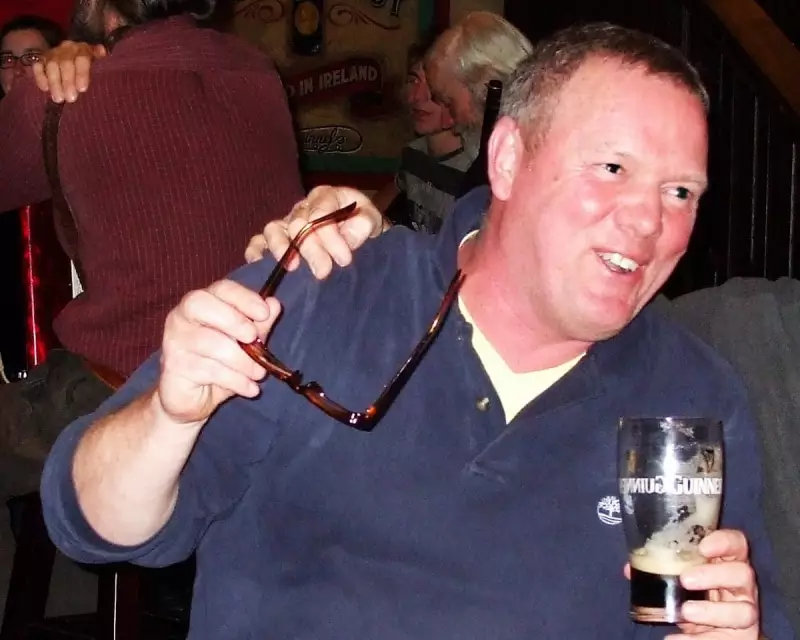
The education world is mourning the loss of Sean Cormac, the visionary headteacher who achieved what many thought impossible: transforming a failing Westminster comprehensive into one of London's most celebrated state schools.
Cormac, who has died aged 58, took over North Westminster Community School in the mid-1990s when it was plagued by low attendance, poor results, and crumbling facilities. Through what colleagues describe as "revolutionary leadership," he turned the institution into a beacon of educational excellence.
The Turnaround Vision
When Cormac arrived at the school, he faced staggering challenges. Student attendance hovered around 70%, GCSE pass rates were among the lowest in London, and teacher turnover was rampant. Rather than implementing traditional disciplinary measures, Cormac introduced what he called "the three pillars": respect, relevance, and rigour.
"Sean believed that students would only care about their education if they felt the curriculum cared about them," recalled deputy head Sarah Chen, who worked alongside him for fifteen years. "He introduced vocational courses alongside academic ones, created mentoring programmes with local businesses, and fundamentally changed how we measured success."
Lasting Legacy
Under Cormac's leadership, the school saw remarkable improvements:
- GCSE pass rates increased from 28% to 82%
- Attendance rose to 94% within three years
- University admissions among students quadrupled
- The school achieved "outstanding" Ofsted ratings for six consecutive inspections
Perhaps most tellingly, former students now include doctors, architects, teachers, and community leaders who credit Cormac with changing their life trajectories.
A Different Kind of Leader
Colleagues remember Cormac as an unconventional leader who broke the mould of traditional headship. He was known for teaching regular classes despite his administrative duties, holding open-door sessions for students, and famously refusing to wear a tie because he believed it created unnecessary barriers.
"He wasn't just managing a school; he was building a community," said long-time friend and educational psychologist Dr Michaela Jones. "Sean understood that real change happened through relationships, not just policies."
Cormac is survived by his wife, two children, and what he often called his "third family" - the thousands of students and staff whose lives he touched during his remarkable career.





